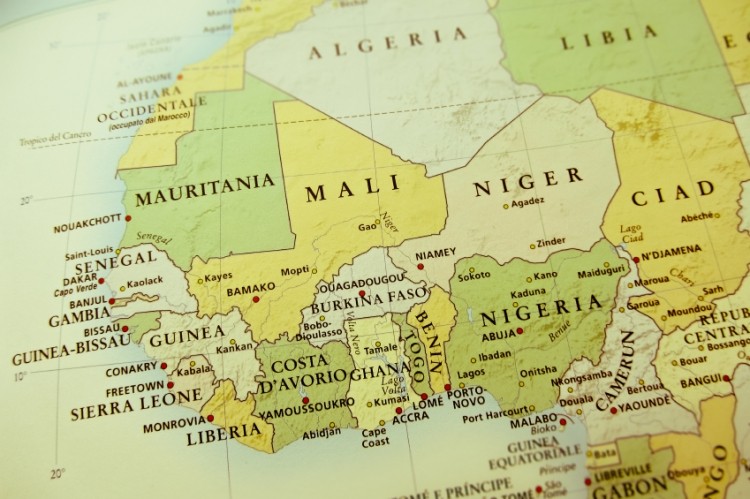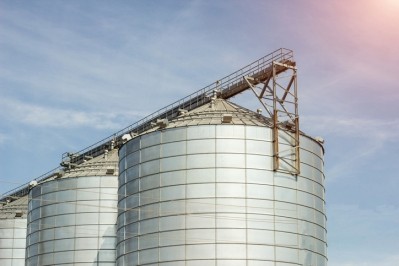Soybean production is a national priority for Burkina Faso

Burkina Faso's government has ranked development of the soybean sector as one of its national priorities, primarily to produce proteins and oils for use in feed and food, but also to drive the sustainable economic development of the country.
The ministry hopes to achieve an annual production of 100,000 metric tons of the grain; a goal that Philippe Leroux, general manager of Fondation Avril, told us will likely be realized in 2022.
“Soybean is an important crop for Burkina Faso, yet to be developed. The upstream-downstream structural development of the sector is a great opportunity for the country,” he said.
As of today, the West African country produces around 20,000 tons of soybean per year.
The Burkina Faso soy project leaders intend to increase the areas of soybean under cultivation and boost yields, to help structure the sector in a sustainable way, thus “generating substantial income for farmers, notably small ones and women,” said Leroux.
Project aims
He stressed the project stemmed from the fundamental idea of creating food independence for Africa: “The development and structuring of the soybean sector in Burkina Faso will contribute by helping to meet the protein needs of its populations.”
The agro-ecological benefits generated by the cultivation of soybean, a plant that fixes nitrogen in the soil, was another motivating factor for the initiative, said Leroux.
However, the development and structuring of the soybean sector in the landlocked country is mainly focused on animal feed and oil production: “Our ambition is to help the sector as a whole diversify its activities. For the farmers who already cultivate soybeans, it is an opportunity to improve their presence on the local market. Above all, the focus on soybean will help improve the country’s capacity to address its needs in vegetable proteins – both in terms of animal feed for the livestock sector and human foods, through the production of tofu in particular.”
Leroux said there are crushing facilities in Burkina Faso but expansion is required: “With the agreement signed in Paris, the parties intend to strengthen the facilities available and facilitate the consolidation of one or two leaders in the sector, within the framework of an upstream-downstream integrated sector.”
Soybean production there is based on non-GM varieties.
Feed and livestock
Burkina Faso’s economy is based on farming and livestock production in rural communities, which provides jobs for more than 80% of the country’s working population. “Farming and livestock production are major levers to improve food security and strengthen farmers’ resilience to climate change, and thus help reduce poverty,” explained Leroux.
The main species are goats, cattle and sheep, but poultry is also a significant sector, and one that is growing. Livestock production in Burkina Faso faces various constraints including the degradation and scarcity of natural resources and the reduction of pastoral areas. In this context, livestock feeding, particularly during the dry season, is critical, said Leroux.
“The focus on local soybean production will help develop the poultry sector, which offers the most affordable source of animal protein,” he added.
Animal feed in the Francophone country is typically based on cottonseed meal, molasses, wheat bran, rice bran and whole feed that are locally sourced or come from other parts of West Africa.
The challenges ahead
The main challenges around realizing production in the range of 100,000 tons of soybeans annually, by the 2022 deadline, lie in the promotion of soybean cultivation, which is key to improve productivity and yields, said Leroux.
“The emergence of one or more leaders in soybean processing will drive growth throughout the sector through contractual arrangements and the purchase of increasing production volumes.
“On the upstream side, soybean producer local organizations need to be structured in order to ensure their economic independence and facilitate their representativeness. Setting up an association gathering all economic actors in the sector will help achieve this, as it will help develop an upstream-downstream contractual framework,” he added.
Project coordination
The role of Fondation Avril, said Leroux, will be to provide financial resources, and to participate in the political coordination of the project and the setting up of a development funds.
“The scope of this project will also extend to an important scientific partnership agreement that Fondation Avril signed with the French Agricultural Research Centre for International Development (CIRAD) in December 2016,” he said.
That alliance is aimed at developing varietal selections and cropping systems that will be more resilient under environmental constraints such as mineral deficiencies and water stresses in dry and sub-humid regions.
Fondation Avril is also bringing into the Burkina Faso project the expertise of the Environmental Institute for Agricultural Research (INERA), a group looking at breeding and exploiting the diversity of cowpea and sorghum varieties.
Both of those partnerships, stressed Leroux, will support the Fondation’s wider goals in Africa of improving the resilience of family farming by integrating the effects of global warming.












